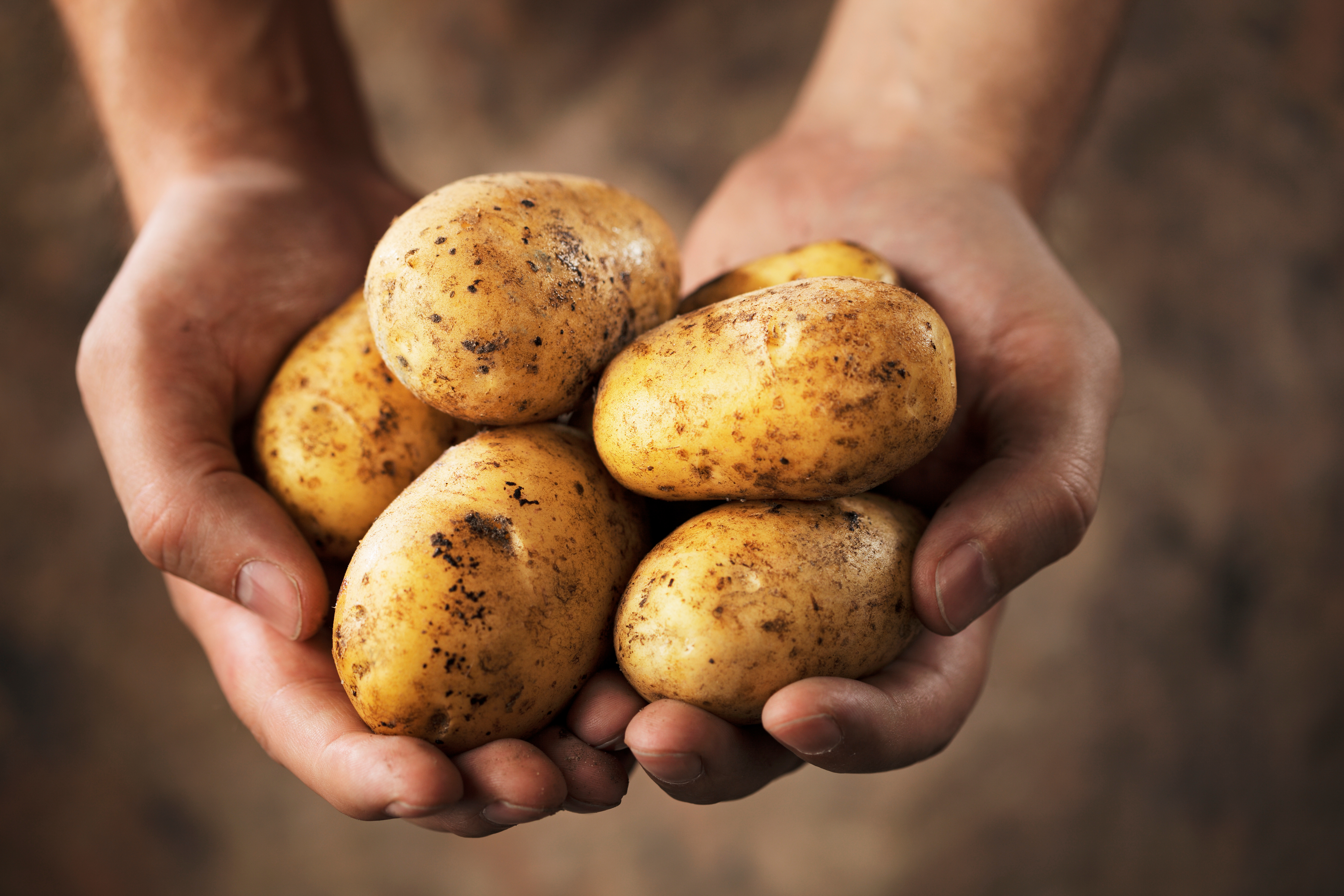Success in DPRK, after the Year of the Potato
As activities of the UN-designated Year of the Potato 2008 wind down, the potato project financed by the Common Fund in North Korea is making substantial gains to jump-start the commodity sector in the region, by working and providing potato farmers with improvement measures from seeds to storage infrastructure. The project, which is concluding this year, was co-ordinated by CFC partners, FAO and International Potato Center (CIP).
The CFC project tackled the constraints related to potato production in Bhutan and the Democratic People’s Republic of Korea (DPRK), rehabilitated seed-producing facilities, while introducing improved methods for the production of quality seeds.
Furthermore, the project identified post-harvest storage and handling technologies suitable to the local climate and economic conditions. By removing these barriers to potato production, potato yields and planted areas have increased.
Generally, according to research done by CIP, potato does well in places where land is limited and labor plentiful. Other qualities that suit the potato commodity are high productivity, nutritional quality, wide adaptation; and the fact that potato produces more food per area than rice or corn making it the perfect food security solution.
In the DPRK, the resulting increase in potato production is expected to make a significant contribution to chronic food shortages in the country. Attention will also be paid to problems of potato storage, which significantly affect the availability of potatoes at present.
Project Officer Nicolaus Cromme, says: "In DPRK the introduction of early maturing potato varieties and their integration in the agricultural system now allows farmers to plant a potato crop between the two traditional rice crops. This substantially increases food production per hectare, which is badly needed in the country."

